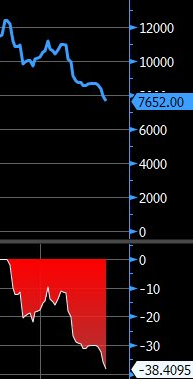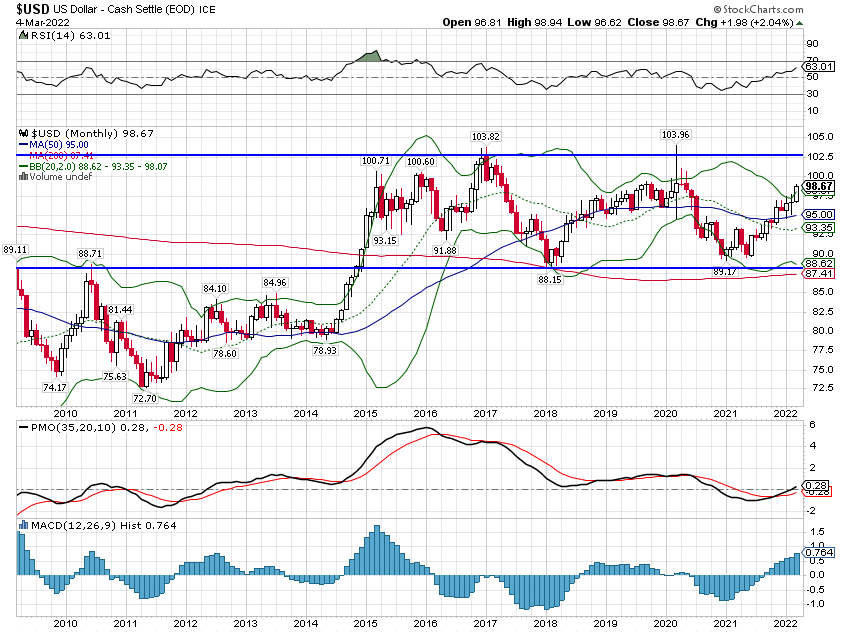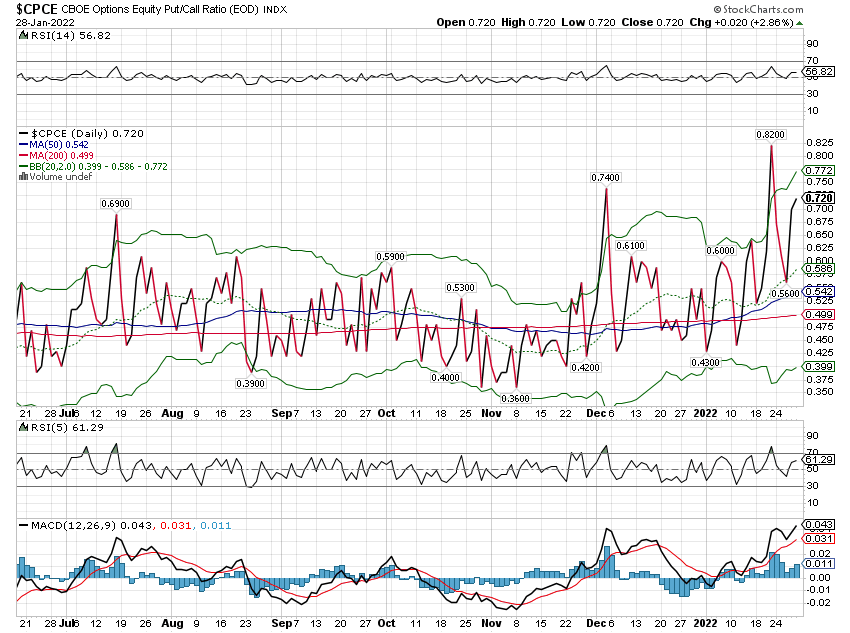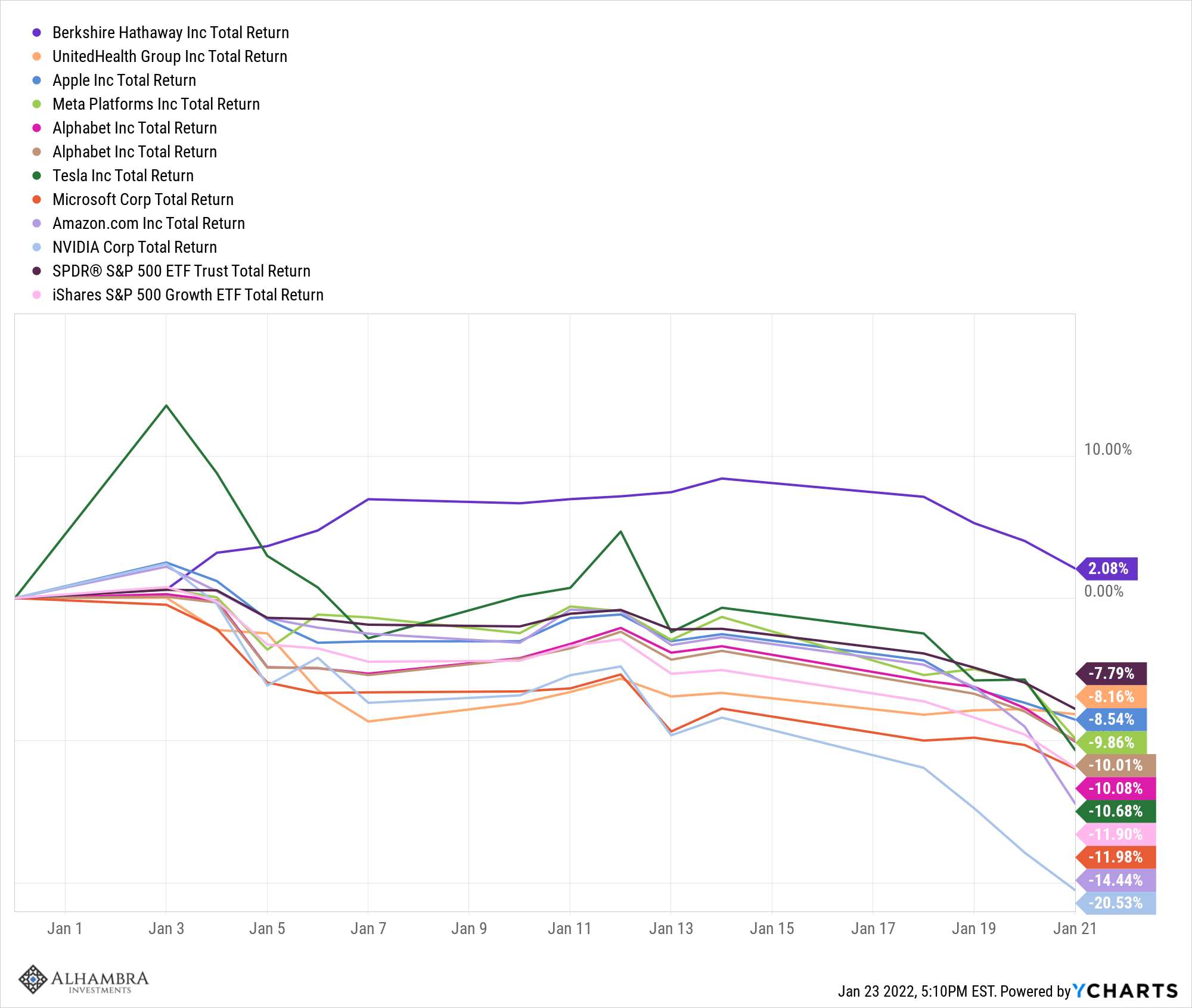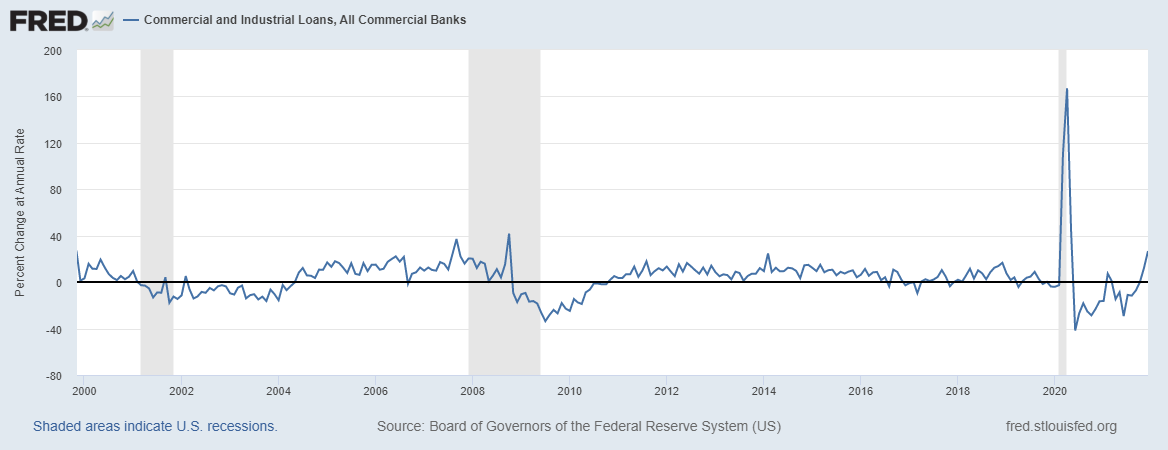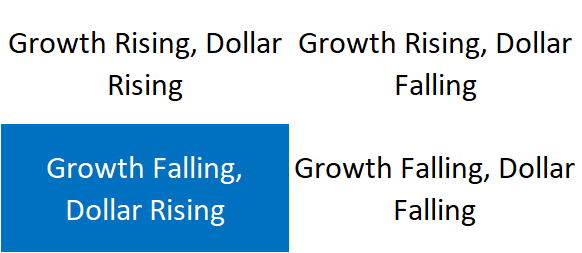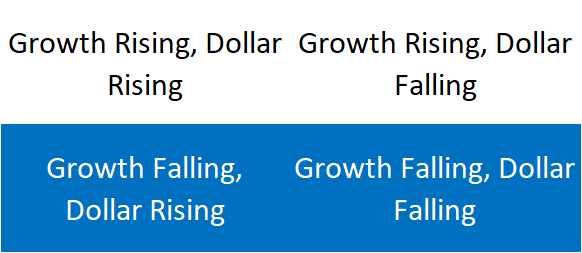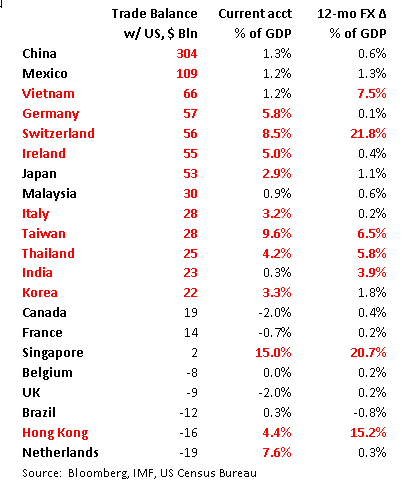(from my colleagues Dr, Win Thin and Ilan Solot)
1) Mexico's FX commission tweaked its intervention program slightly
2) The political tide in Brazil has turned slightly better for the government
3) The PBOC announced a rate cut for its Standing Lending Facility (SLF) for local financial institutions
4) IMF staff has concluded that China meets the requirements to join the SDR basket
5) As promised, the Hungarian central bank started to focus on unconventional measures
6) Indonesia's central bank maintained its benchmark rate at 7.50% but cut reserve requirements
7) Recent polls ahead of the Argentine presidential elections are moving more in the direction of a change in government
8) Turkish President Erdogan is once again talking about monetary policy
In the EM equity space, Russia (+5.9%), Brazil (+3.5%), and Hungary (+3.4%) have outperformed over the last week, while Colombia (-2.0%), Turkey (-1.5%), and Qatar (-0.5%) have underperformed. To put this in better context, MSCI EM rose 2.8% over the past week while MSCI DM rose 3.2%.
In the EM local currency bond space, Russia (10-year yield -46 bp), Brazil (-36 bp), and South Africa (-22 bp) have outperformed over the last week, while the Philippines (10-year yield +36 bp), Thailand (+9 bp), and Colombia (+7 bp) have underperformed. To put this in better context, the 10-year UST yield fell -3 bp over the past week.
In the EM FX space, BRL (+3.7% vs. USD), RUB (+3.3% vs. USD), and ZAR (+3.3% vs. USD) have outperformed over the last week, while PKR (-0.9% vs. USD), PEN (-0.7% vs. USD), and CLP (-0.6% vs. USD) have underperformed.
1) Mexico's FX commission tweaked its intervention program slightly. In extending the program to January 29, the central bank will continue its daily auctions of $200 mln at a set price of the 1% above the fix rate of the prior day. However, it suspended the auctions of $200 mln with no minimum price and replaced it with a second daily auction of up to $200 mln at a set rate of 1.5% above the fix rate of the prior day. The commission added that it "will continue to evaluate operating conditions in the foreign exchange market, in order to be able to adjust the cited mechanisms in the event that become necessary." We don't want to read too much into this move, though the tweak was a bit surprising to us.
2) The political tide in Brazil has turned slightly better for the government. By a close margin, the government managed to maintain two important vetoes that will help keep spending in check. The government also approved changes to the 2015 budget bill, which now sees a -BRL120 bln primary deficit, or -2.1% of GDP. Separately, President Dilma reinforced the view that Finance Minister Levy will stay, at least for now. And lastly, the impeachment story seems to be losing strength, at least for now.
3) The PBOC announced a rate cut for its Standing Lending Facility (SLF) for local financial institutions across several maturities. The SLF for overnight maturity was cut to 2.75% from 4.50% and the 7-day maturity to 3.25% from 5.50%. This seems to be more about liquidity and market functioning rather than economic stimulus. It could help, for example, the PBOC control the policy rate by strengthening the upper limit of rates. Seasonality also plays a role, as we approach the end of the year. Either way, the move can only help sentiment in China.
4) IMF's Lagarde announced that the staff has concluded that China meets the requirements to join the Special Drawing Right basket. Not only do they judge the yuan to be "freely usable", but also that China has "addressed all remaining operational issues identified in an initial staff analysis submitted to the Executive Board in July." US and European officials have indicated that provided that China meets the IMF criteria, which the staff says it does, they will not block it.
5) As promised, the Hungarian central bank started to focus on unconventional measures. The bank announced a Systemic Risk Buffer, effective on January 1, to manage rising NPL risks. The idea is to encourage banks to clean up their balance sheets. According to the bank: "The total stock of such loans, at more than HUF700 bln [$2.4 bln], may be a source of further, unexpected losses and may adversely affect the banking sector’s willingness to lend.” Elsewhere, Hungary plans to let its foreign reserves fall by as much as EUR10 bln (from EUR32 bln currently) over the next two years. The central bank said by reducing its stock of short-dated external debt, it will need fewer defenses.
6) Indonesia's central bank maintained its benchmark rate at 7.50% but cut reserve requirements. The move was in line with its guidance from last month’s meeting, when it suggested there were still room for further easing. Reserve requirements were cut 50 bp to 7.50% in order to "boost bank financing capacity to support escalating economic activity during the third quarter and beyond."
7) Recent polls ahead of the Argentine presidential elections are moving more in the direction of a change in government. A poll by Elypsis showed the ruling party candidate Scioli trailing by 7.7 percentage points behind opposition candidate Macri, at 39% to 47%, respectively. About 11%of respondents were still undecided. Obviously, Macri is the market-friendly candidate, and Argentine bonds and equities have been rallying of late. However, we caution that polls were wrong in the first round vote on October 25, which tipped Scioli to win. And it’s not just Argentine polls; election polls in the UK and Turkey were dead wrong this year, for instance.
8) Turkish President Erdogan is once again talking about monetary policy. After being surprisingly quiet during the election period, he is once again pressuring the central bank to ease, despite Turkey’s chronic inflation problem. He called for the bank the cut rates to closer to historical lows of 4.5%, from back in 2013. Risks to central bank independence in Turkey have been a negative factor in market confidence for some time, and it doesn’t look to be getting any better.
Tags: Emerging Markets
























